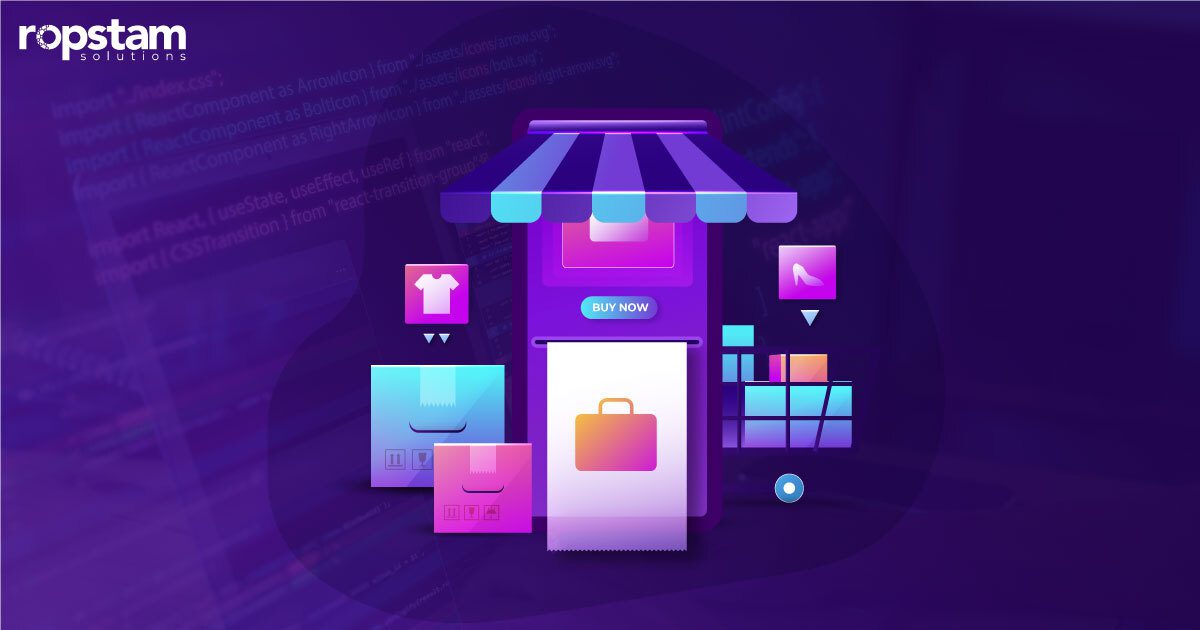Consider this: a significant majority of our time spent consuming digital media now happens on mobile devices. Global web traffic is increasingly dominated by smartphones and tablets. For many, especially younger generations, mobile apps are an integral part of daily life, with frequent interactions throughout the day. The mobile app market continues to grow at an astonishing rate, with projections indicating substantial expansion in the coming years.
However, with great opportunity comes great responsibility. As mobile apps become more crucial to our digital experiences, the importance of thorough testing cannot be overstated.
In this blog, we’ll delineate the testing tools that are shaping the industry in the modern era. Whether you’re looking for solutions that offer mobile test automation, parallel test execution, or comprehensive testing processes, we’ve got you covered.
Importance of Mobile App Testing
Mobile app testing is an essential step in the software development lifecycle. It ensures that your app functions correctly, performs efficiently, and provides a seamless user experience across various devices and platforms. By rigorously testing your app, you can identify and address potential issues before it’s released to the public, preventing costly errors and ensuring user satisfaction.
Mobile app testing goes beyond functionality checks. It also evaluates how your app performs under different conditions, such as varying network speeds, device configurations, and operating systems. This helps you identify and fix compatibility issues so that your app works flawlessly on a wide range of devices.
Moreover, mobile app testing helps to ensure that your app adheres to design standards and provides a user-friendly interface. By testing your app’s usability, one can identify any navigation issues, confusing elements, or slow load times that could hinder the user experience.
Top-Tier Mobile App Testing Tools
- Appium
- XCUITest
- TestComplete
- Ranorex
1. Appium
Appium is a widely used open-source mobile app testing tool that supports both Android and iOS platforms. It allows testers to write scripts in various programming languages, making it highly versatile.
Appium uses standard automation APIs on all platforms, enabling code reuse between iOS and Android test suites. Its architecture doesn’t require modifying the app, making it ideal for testing native, hybrid, and mobile web applications. Appium’s popularity stems from its flexibility and strong community support.
Key features of Appium:
- Cross-platform support (iOS, Android, Windows)
- Multiple programming language support (Java, Python, Ruby, etc.)
- No need to modify the app for testing
- Supports native, hybrid, and mobile web apps
- Integration with popular testing frameworks like Selenium
2. XCUITest
XCUITest is Apple’s native testing framework for iOS applications. It’s tightly integrated with Xcode, Apple’s integrated development environment, making it a go-to choice for iOS developers. XCUITest allows for creating and running UI tests that simulate user interactions with the app. It provides direct access to the iOS SDK, enabling testers to interact with system elements like notifications and a control center.
While it’s limited to iOS, this nifty tool offers fast and reliable testing for Apple devices.
Key features of XCUITest:
- Native integration with Xcode and iOS SDK
- Fast execution of tests on iOS devices and simulators
- Support for Swift and Objective-C
- Access to system-level interactions (notifications, control center)
- Ability to record and playback user interactions
3. TestComplete
TestComplete is a comprehensive automated testing platform that supports mobile, web, and desktop applications. For mobile testing, it offers support for both iOS and Android. TestComplete provides a user-friendly interface for creating, maintaining, and executing test scripts.
It supports various scripting languages and offers both record-and-playback and manual scripting options. TestComplete’s object recognition capabilities and integration with popular development tools make it a powerful choice for enterprise-level testing.
Key features of TestComplete:
- Record-and-playback functionality
- Object recognition and mapping
- AI-powered visual recognition for more stable tests
4. Ranorex
Ranorex is a comprehensive test automation tool that supports mobile, web, and desktop applications. As a powerful and useful bug-detection tool, it offers solutions for both Android and iOS platforms. By providing a user-friendly interface for creating and managing test cases, Ranorex makes itself accessible for testers with varying levels of coding experience.
To summarize, Ranorex’s ability to reuse test cases across different platforms makes it efficient for cross-platform testing.
Key features of Ranorex:
- Codeless test creation with drag-and-drop interface
- Cross-browser and cross-device testing capabilities
- Robust object recognition and mapping
- Shareable object repositories for improved collaboration
Final Thoughts
With the increasing pertinence attributed to high-performance mobile applications, selecting the most suitable testing tool is a no-brainer. The role of an SQA engineer is more important than ever in the mobile app development process and given that there is a plethora of options easily available, you must make an informed decision based on factors like cross-platform support, ease of use, and analytics features.













